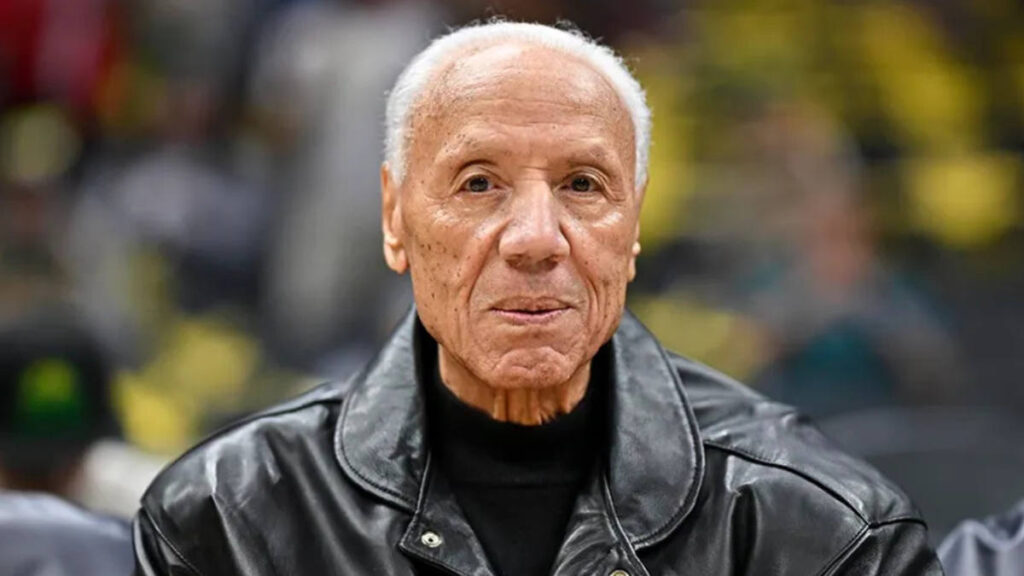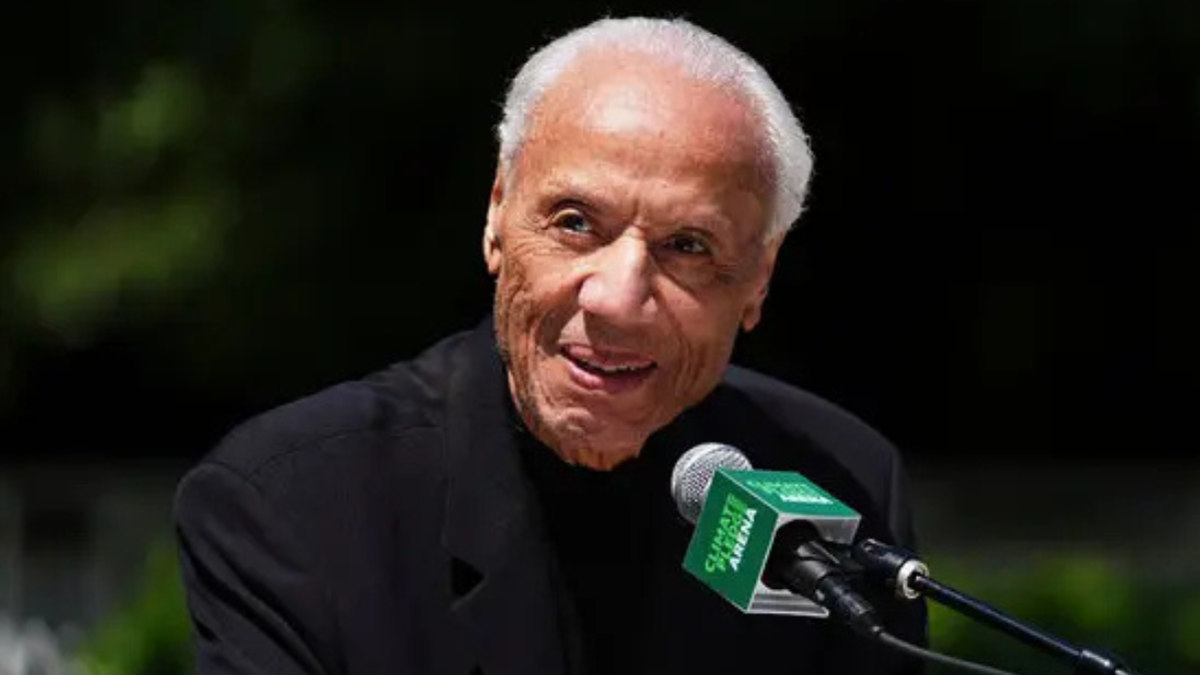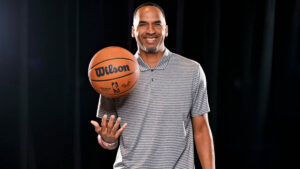Lenny Wilkens death at 88 feels like the end of an era — not just for basketball, but for the quiet kind of greatness we rarely see anymore. The Hall of Famer, who defined leadership both on the court and from the sidelines, passed away surrounded by family this weekend, his loved ones confirmed.
He wasn’t just a player or a coach — he was the calm heartbeat of the game itself.
The Godfather of Seattle Basketball
To the city of Seattle, Wilkens wasn’t just a legend — he was home. He coached the SuperSonics to their only NBA Championship in 1979, the kind of triumph that still glows like neon in the city’s sports memory.
As AP News shared, fans and former players alike called him the “godfather of Seattle basketball.” He earned that title the old-fashioned way — through consistency, grace, and an unshakable sense of class that never needed a microphone to make noise.
There’s something beautiful about the way he led — soft-spoken, thoughtful, and quietly commanding. In a world of hot takes and quick tempers, Lenny was steady.
Sometimes the loudest leaders never have to raise their voice.
A Life Built on Heart, Not Hype
Born in Brooklyn, New York, Leonard Randolph Wilkens carried his city’s grit into every arena he entered. Before coaching, he was a force on the court — a nine-time NBA All-Star with a gift for seeing plays before they happened.
He played 15 seasons, weaving through the league at a time when basketball still felt intimate — smoke-filled arenas, no social media, just sweat, skill, and a handshake at the end.
Then came the second act — the one that would make him immortal. As a coach, he racked up more wins than anyone in NBA history for years, setting a record that became the gold standard for consistency. Reuters called him “a man who defined longevity.”
But numbers only tell half the story. His teams didn’t just win — they believed.
More Than a Coach — A Teacher of Men
Ask anyone who played under Lenny Wilkens, and they’ll tell you the same thing: he coached like he cared about your soul as much as your stat line.
He led Team USA to Olympic gold in 1996 and became one of the few people ever inducted into the Naismith Memorial Basketball Hall of Fame three times — as a player, as a coach, and later for his contribution to the game itself.
That kind of triple honor doesn’t happen by accident. It happens when you make people better just by being around them.
NBC Sports described him as a man who “changed basketball quietly, but completely.” And it’s true — his calm presence reshaped what leadership looked like in professional sports.
In a culture that celebrates flash, Wilkens proved that calm could win championships, too.
Tributes Pour In from Across the NBA
By Sunday morning, tributes flooded social media from every corner of the basketball world. Former players, current stars, and even rival coaches shared stories of late-night pep talks, unexpected kindnesses, and the unspoken influence of a man who made everyone feel seen.
The NBA community reacted fast and full of emotion. “He taught us all how to carry ourselves,” one post read. “Not just as players — as people.”
It’s the kind of impact that goes beyond stats or rings. It lingers — like the echo of a final buzzer in an empty gym.
Sometimes legacy isn’t measured in banners but in the tone of every player you helped shape.

Seattle’s Heartfelt Goodbye
In Seattle, where his name still hangs in rafters and hearts, fans gathered near Climate Pledge Arena, lighting candles and wearing throwback Sonics jerseys.
For a city that lost its team but never its love, Wilkens remained the spiritual anchor — the reminder of what once was and what still could be. Fox19 called him “Seattle’s forever coach,” and it’s hard to imagine a more fitting tribute.
He gave the city its proudest sports moment, then stayed — mentoring, building programs, and fighting to keep basketball’s heartbeat alive in the Pacific Northwest.
In a way, he was Seattle basketball — its patience, its warmth, its underdog charm.
Maybe that’s why this one hurts so deeply.
A Career That Defined Excellence
- NBA Career: 15 seasons as a player, nine-time All-Star
- Coaching Milestones: 1,332 career wins — once the most in league history
- Championships: Led Seattle SuperSonics to the 1979 NBA title
- Olympic Gold: Head coach of Team USA, 1996 Atlanta Games
- Hall of Fame: Inducted three times — player, coach, and contributor
Few in any sport have a résumé that balanced such success with such serenity.
He was proof that greatness doesn’t always need fireworks. Sometimes, it’s just steady light.
The Quiet Goodbye
As Sports Illustrated noted in its remembrance, Wilkens passed peacefully, surrounded by family. The exact cause of death hasn’t been released, but the tone from those closest to him was clear — gratitude, not grief.
They spoke of his warmth, his mentorship, his unwavering kindness.
That feels right. Because even in goodbye, Wilkens’ story isn’t about what’s gone — it’s about what remains.
He leaves behind a league that still plays by many of his unspoken rules: respect the game, respect each other, and win with grace.
And maybe that’s the kind of immortality every great coach hopes for.
In a world obsessed with noise, Lenny Wilkens built a legacy out of quiet excellence. He didn’t just change the game — he made it more human. And for everyone who ever watched him lead, teach, or simply smile from the sidelines… that calm will echo for a long, long time.
Nishant Wagh is the founder of The Graval and a seasoned digital journalist with over 15 years of experience covering entertainment, media, and culture. He specializes in breaking news and trending stories told with accuracy, context, and depth.




